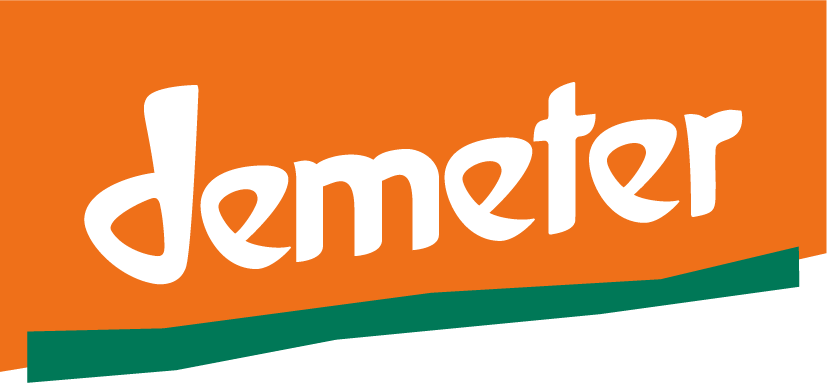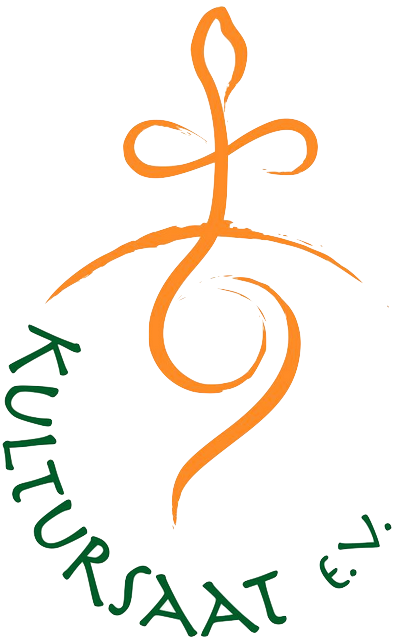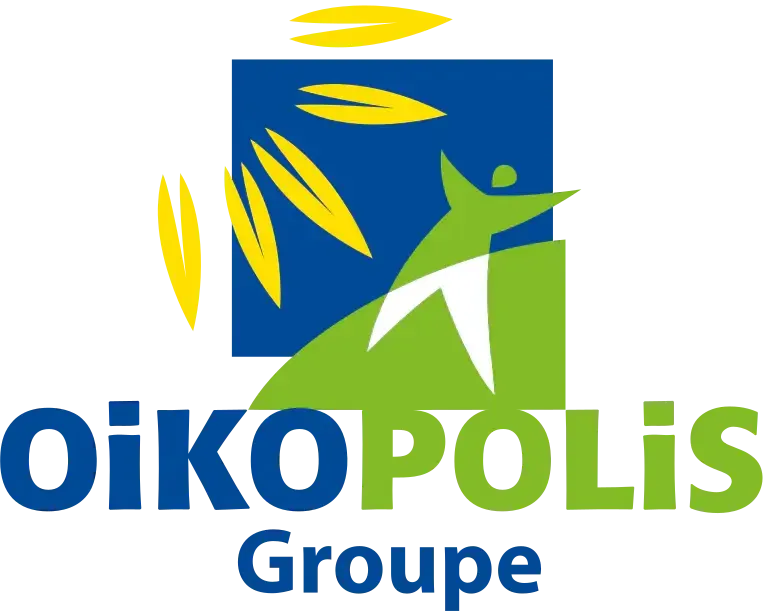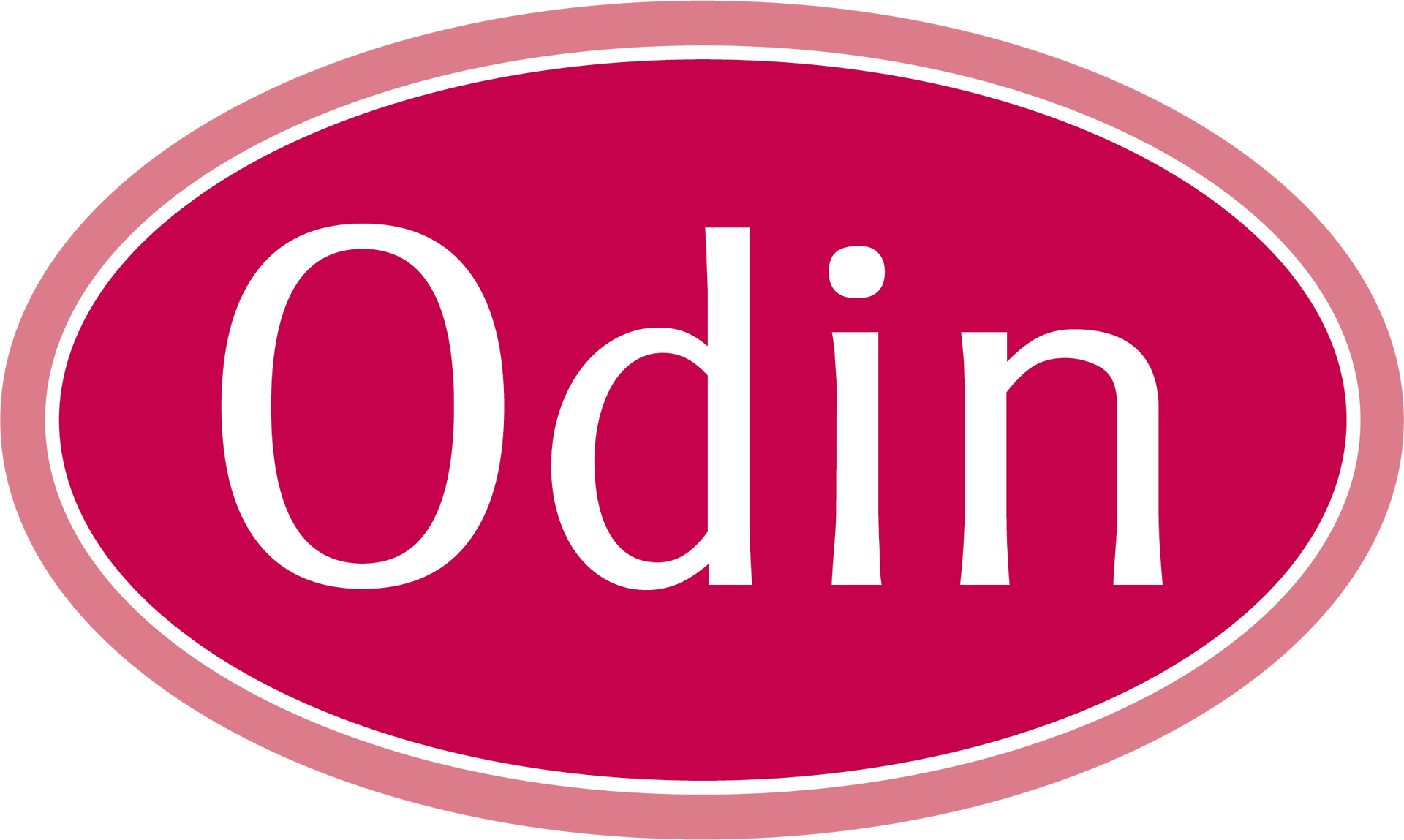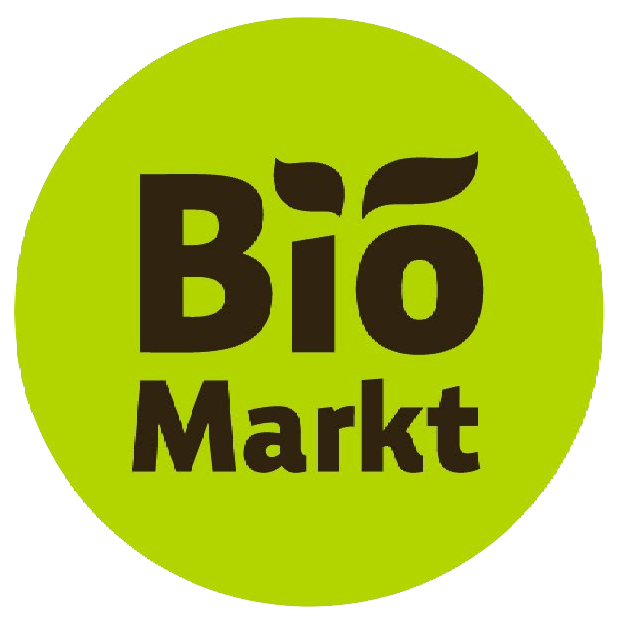The theme of the annual Agriculture Conference in 2026 is “You Never Farm Alone.” This topic is a reminder that work on the farm is an act of constant interconnecting and interdependence, on various levels. Whether it’s working with fellow farmers, building local markets with the support of customers, finding creative and effective ways to acquire land or construct buildings with the help of friends and family, or even cooperating with the beings of the natural world, we are never working alone.
The theme was first introduced in Belgium, by Antoine De Paepe from the biodynamic farm De Kollebloem in Herzele, during the Circle of Representatives meeting in autumn 2024. Like many regions, the general farming conditions in Belgium are increasingly challenging, and organic and biodynamic agriculture practices are under strain. “You never farm alone” draws attention to the paths toward, and benefits of, forming new, living communities for the future.
Upon any close look, we realize that the wellbeing of every farm depends on community life. Farm communities are comprised of not only farmers collaborating together, but also of the consumers of its products, traders who are the bridges with commercial outlets where our products are sold, and all other links in the chain. Social farming is distinctive in the way spaces are created that support the development of all human beings, inclusive of people with special needs. Farm communities also create opportunities to shape new pedagogical, social, and economical impulses, enabling the discovery of new and resourceful ways to face the future.
Inspired by this perspective, the conference will focus on exploring the many dimensions of community life that sustain the Biodynamic movement, with a view to both present situations and for the road ahead. Through collaborative work, farms are increasingly places where biodiversity and sustainability are being rekindled, responding to a world that too often favors the enhancement of machines while diminishing life and living systems.
Exploring the Many Dimensions of Community
The call for contributions invited conversations covering all levels of community, from the populations of microscopic organisms working in the soil, to the spiritual hierarchies that govern the rhythms on Earth, to the practical economics that make farms viable. As in previous years, the conference program has been shaped by the suggestions of the members of the worldwide biodynamic movement and the Circle of Representatives and will center on three main aspects:
1. Rethinking economic activity
2. Integrating healing, education, agriculture, and social art
3. Communities of research and knowledge
The opening panel on Wednesday, 4 February, will feature three farm communities presenting examples of how social, economic, and agricultural practices can be woven together in innovative ways today. Panel participants include Anna Jones-Crabtree, María Esther Nieto, and Clemens Voigts. They will be followed by lectures from Aonghus Gordon and Tara Gratton, who will explore the potential of the human being and the farm from the perspective of the living organism of the farm itself. In the evening lecture, Ueli Hurter will highlight the work of the Section for Agriculture as part of the School of Spiritual Science at the Goetheanum. Here, “collaboration out of free will” is the guiding principle — much like on a farm or within a solidarity-based economic community. His reflections will focus on our shared responsibility for the current and future development of the Earth, as well as on the deeper spiritual significance of this year’s conference theme. The evening will conclude with a recitation and musical rendering of “The Turning of the Times,” the fourth stanza of Rudolf Steiner’s Foundation Stone Meditation.
After the opening day, we will begin each day with the reading and deepening study of the Michael Letter “Michael’s Experience during the Fullfillment of his Cosmic Mission”, which serves as the spiritual foundation and central pilar of our work together. Then the rhythm of our conference will move through panel contributions and workshops.
Morning workshops will directly engage with the main conference topics, including a vast array of perspectives, languages and regions from around the world. Afternoon workshops will focus primarily on artistic and complementary topics to deepen and expand the conference experience.
Panel groups will showcase representations of community work and bring to the stage different projects for dialogue related to the main topics of each day, for exchange of perspectives for the future and to hear different views on how Biodynamics is being lived across the globe.
The Strength of Community
It can be said that we live in a time of fragmentation and widespread disillusionment. Everywhere one looks it seems the world is in despair and disintegration. Yet, the Biodynamic movement remains driven by purpose, and this can be a source of optimism. Working together in this purpose can bring strength, support, and renewed inspiration. We are the agents of change, shaping a brighter future by focusing on human nature and collaborative efforts. This is both a great and difficult challenge, as well as an open invitation. By striving to work together, we can form new communities so urgently needed to meet the challenges of the world.
Rudolf Steiner once spoke about the power of groups working together: “If we give ourselves up to mutual help, through this giving up to the community a powerful strengthening of our being takes place. If we then speak or act as a member of such a community, there speaks or acts in us not just the singular soul only but the spirit of the community. This is the secret of progress for the future of humanity: to work out of communities.” (GA 54, World Mysteries and Theosophy)
Eduardo Rincón is co-leader of the Section for Agriculture.







